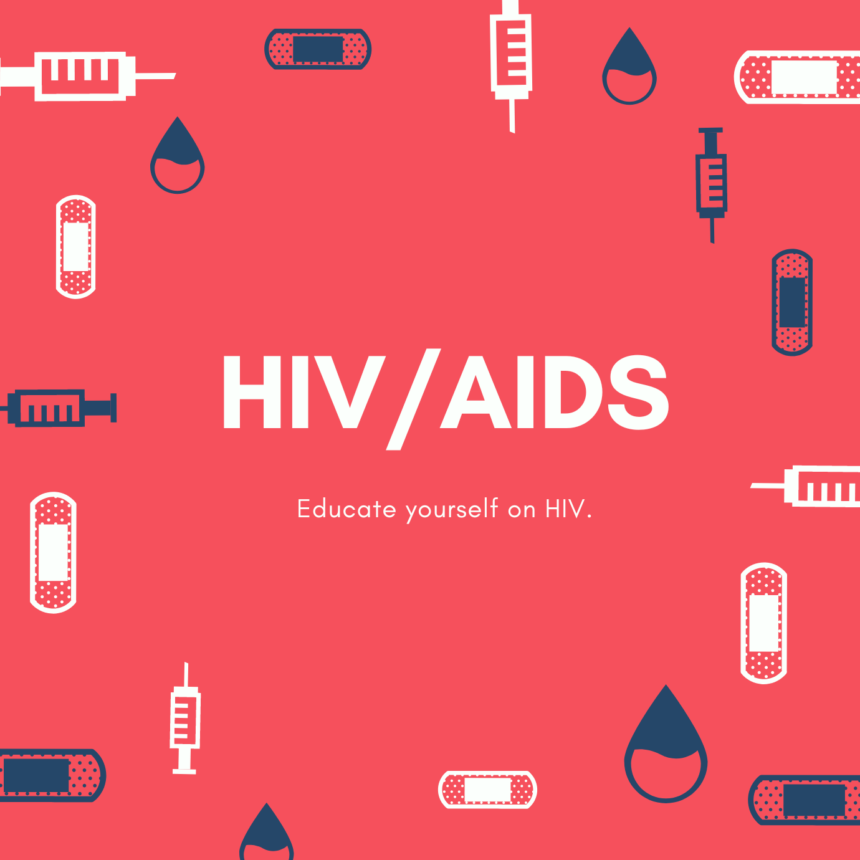This guide is designed to assist individuals living with HIV in understanding their diagnosis, managing their condition, and accessing essential support services. It offers comprehensive information about HIV treatment options, lifestyle management, and available resources for emotional and social support.
- Understanding HIV: The guide begins with an overview of HIV, explaining how the virus affects the immune system and discussing the progression from HIV to AIDS. It also addresses common misconceptions about HIV and highlights the importance of early diagnosis and treatment.
- HIV Treatment Options: This section provides detailed information about antiretroviral therapy (ART), the standard treatment for HIV. It explains how ART works to suppress the virus, improve immune function, and enhance overall health. It also discusses different ART regimens and the importance of adherence to treatment.
- Healthcare Providers and HIV Care: The guide emphasizes the importance of establishing a strong relationship with a healthcare provider experienced in HIV care. It offers tips for finding a knowledgeable and supportive healthcare team and highlights the role of regular medical check-ups in monitoring HIV progression.
- Managing HIV-related Health Issues: This section covers common health issues associated with HIV, such as opportunistic infections and side effects of medications. It provides guidance on recognizing and managing these issues and explains the significance of maintaining overall health and well-being.
- Lifestyle and Nutrition: The guide discusses the importance of a healthy lifestyle, including regular exercise, balanced nutrition, and avoiding harmful substances. It offers practical tips for managing stress, getting adequate rest, and making positive lifestyle changes.
- Mental Health and Emotional Support: Living with HIV can be emotionally challenging. This section addresses the emotional impact of an HIV diagnosis and offers guidance on accessing mental health support, counseling services, and support groups to cope with the emotional aspects of HIV.
- Disclosure and Stigma: The guide discusses the complexities of HIV disclosure and navigating stigma associated with the condition. It provides tips for communicating about HIV status with partners, family, and friends and offers strategies for dealing with stigmatizing attitudes.
- Social Support Services: This section outlines available social support services for individuals living with HIV. It includes information about case management, housing assistance, legal support, and access to financial resources.
- Preventing HIV Transmission: The guide addresses ways to prevent transmitting HIV to others, including the importance of safe sex practices and the use of pre-exposure prophylaxis (PrEP) for HIV-negative partners.
- Advocacy and Empowerment: This final section empowers individuals to become advocates for their own health and rights. It provides resources for engaging in advocacy efforts to promote HIV awareness, reduce stigma, and improve access to HIV services.
By providing comprehensive information about living with HIV, accessing treatment, and obtaining support services, this guide aims to empower individuals to take control of their health and lead fulfilling lives despite their HIV diagnosis. It promotes resilience, self-advocacy, and proactive management of HIV, ultimately contributing to improved health outcomes and enhanced quality of life for those living with HIV.
